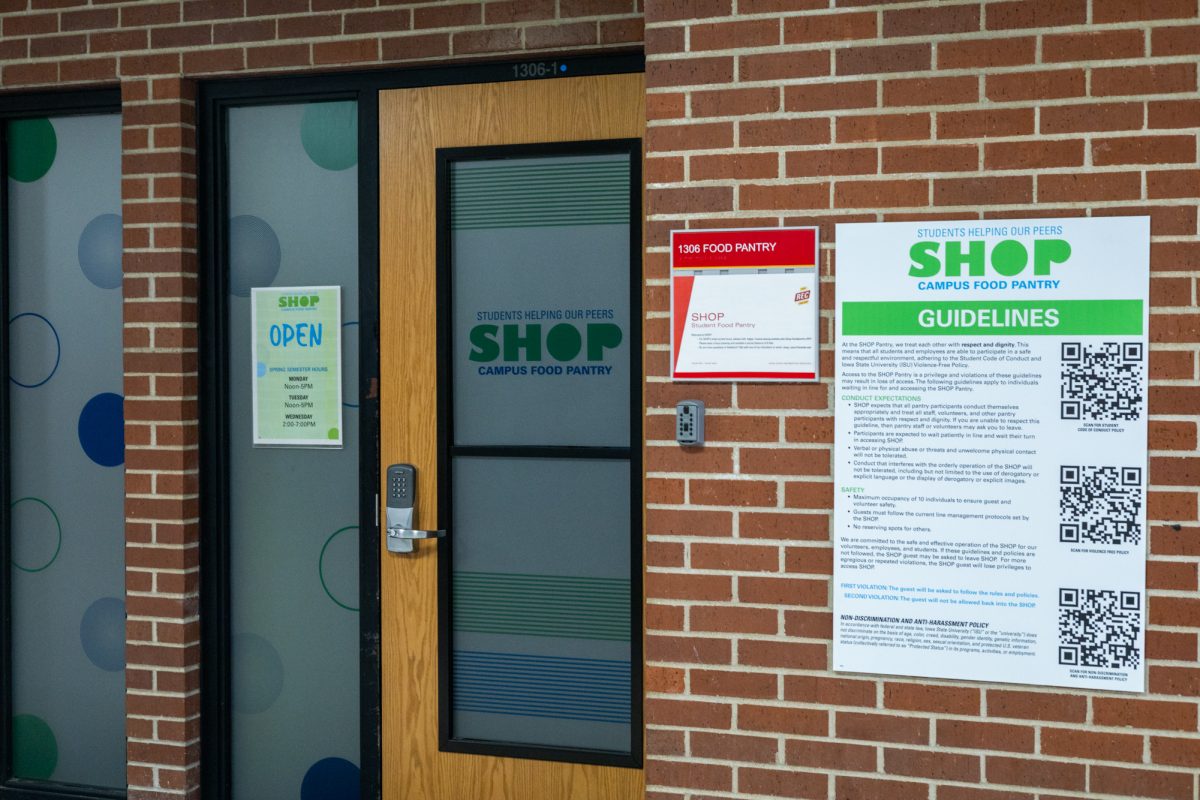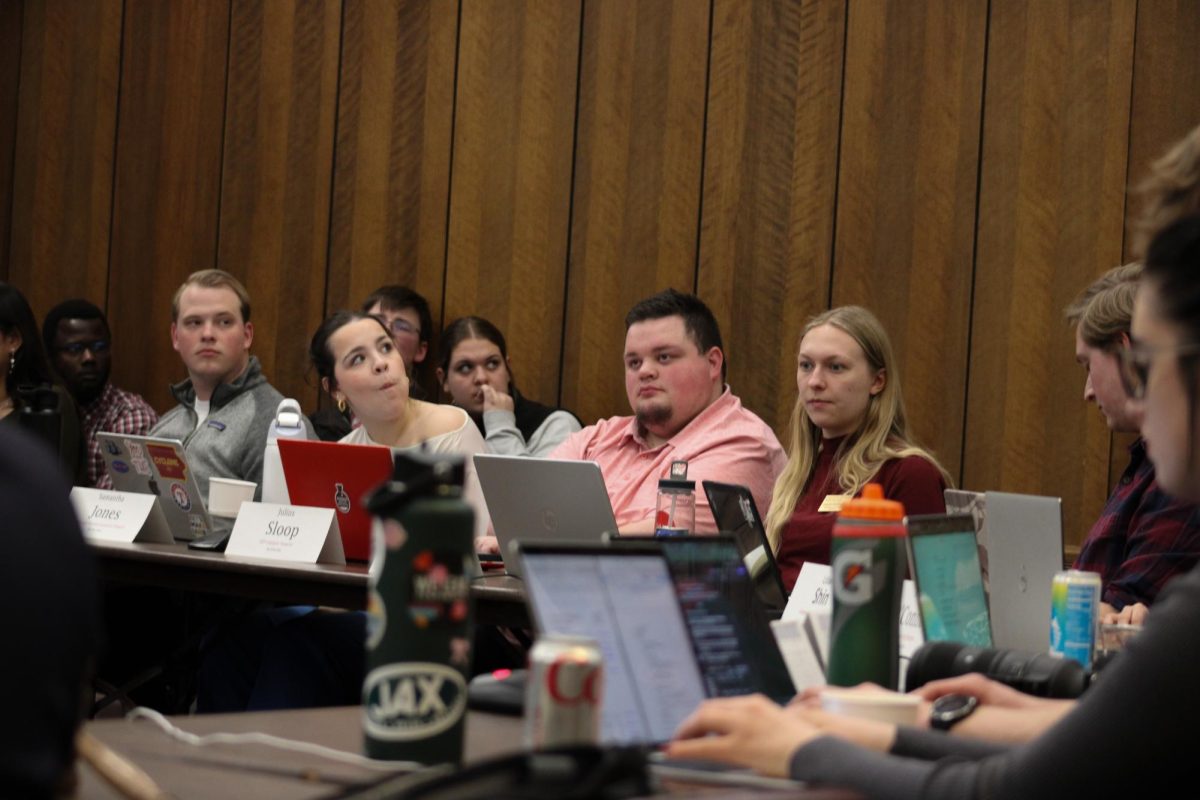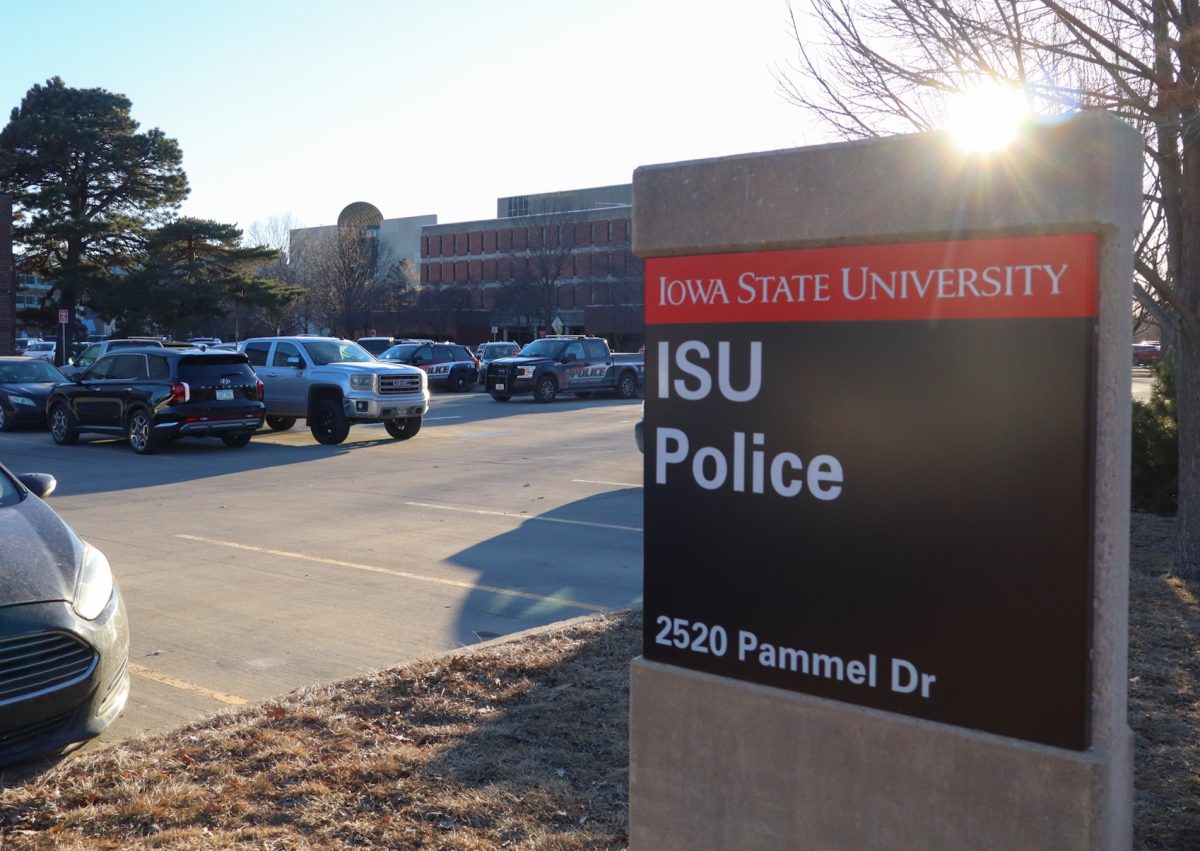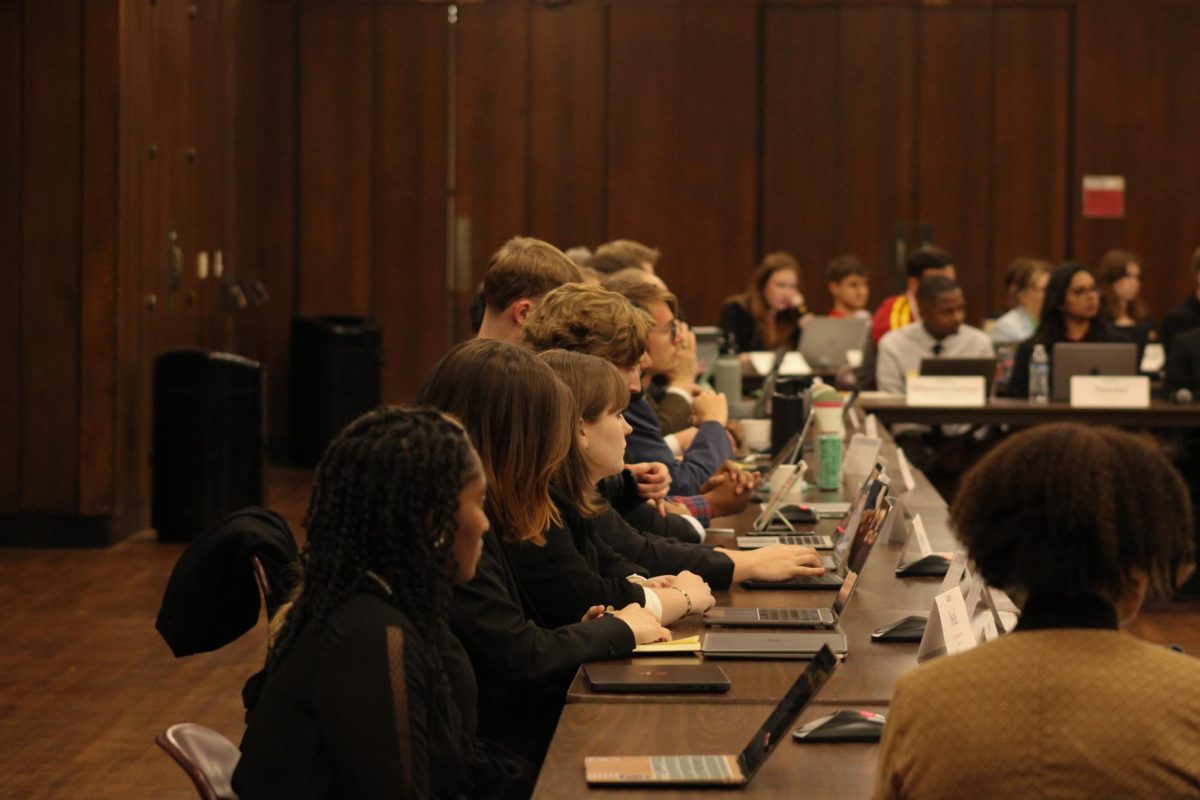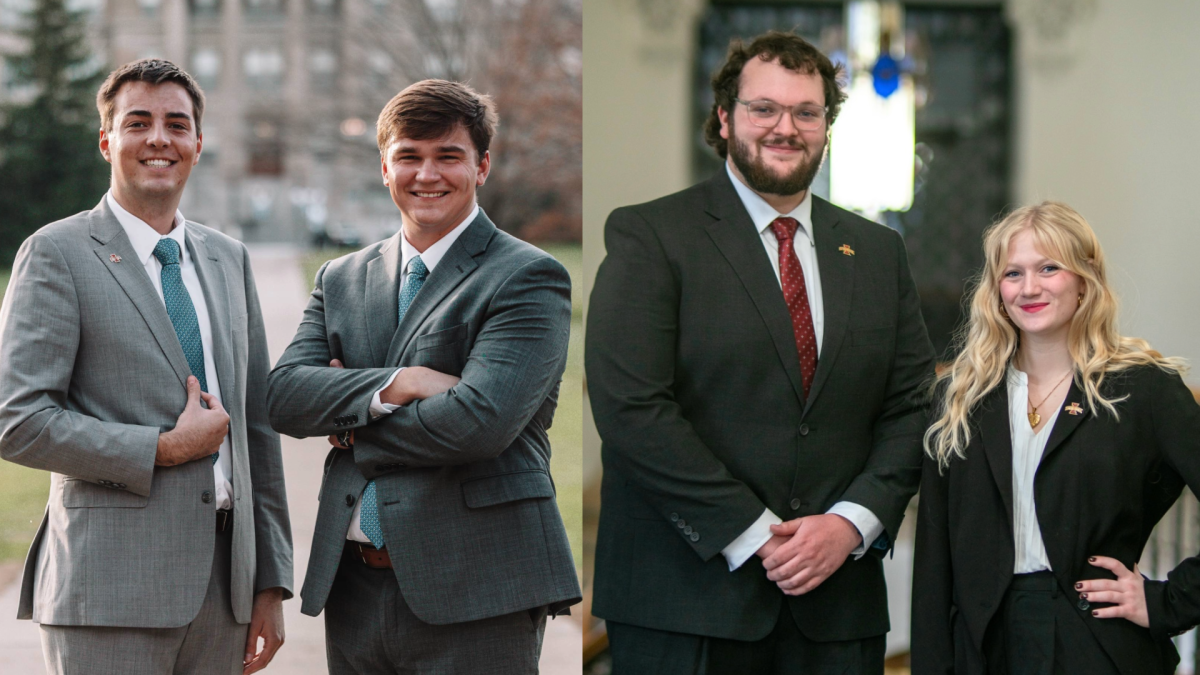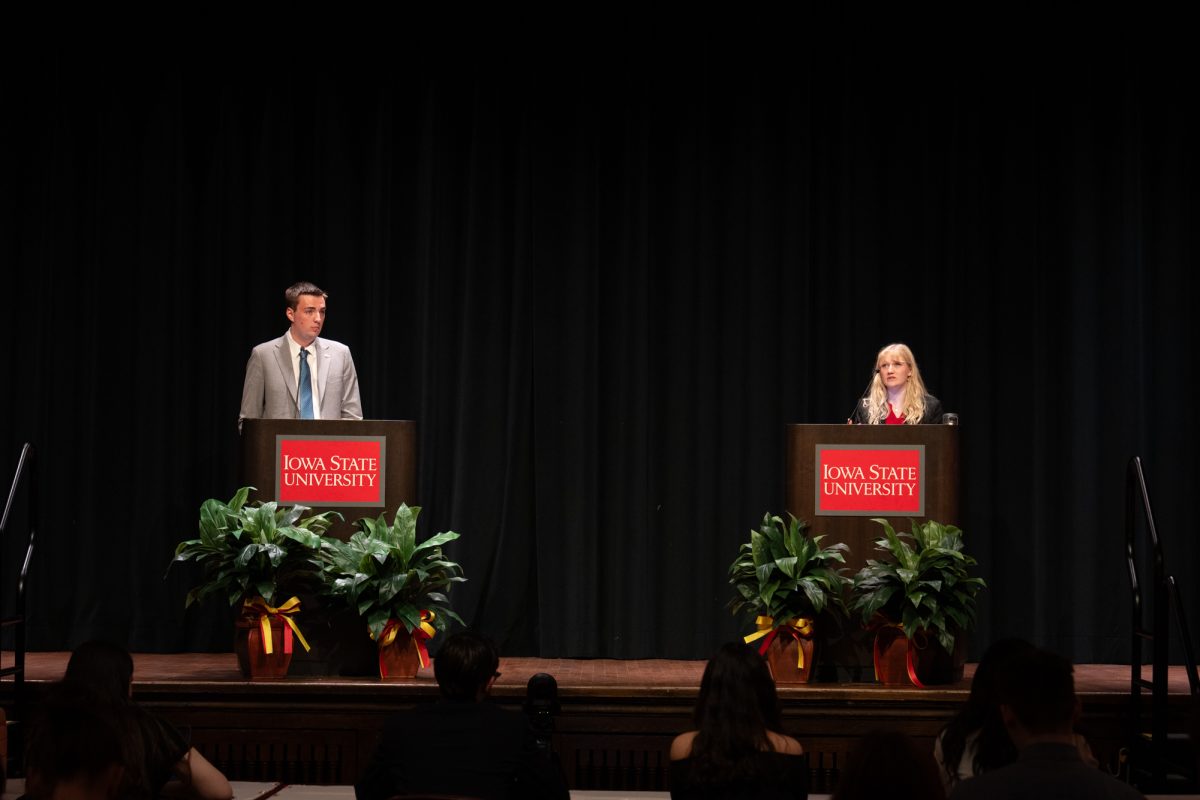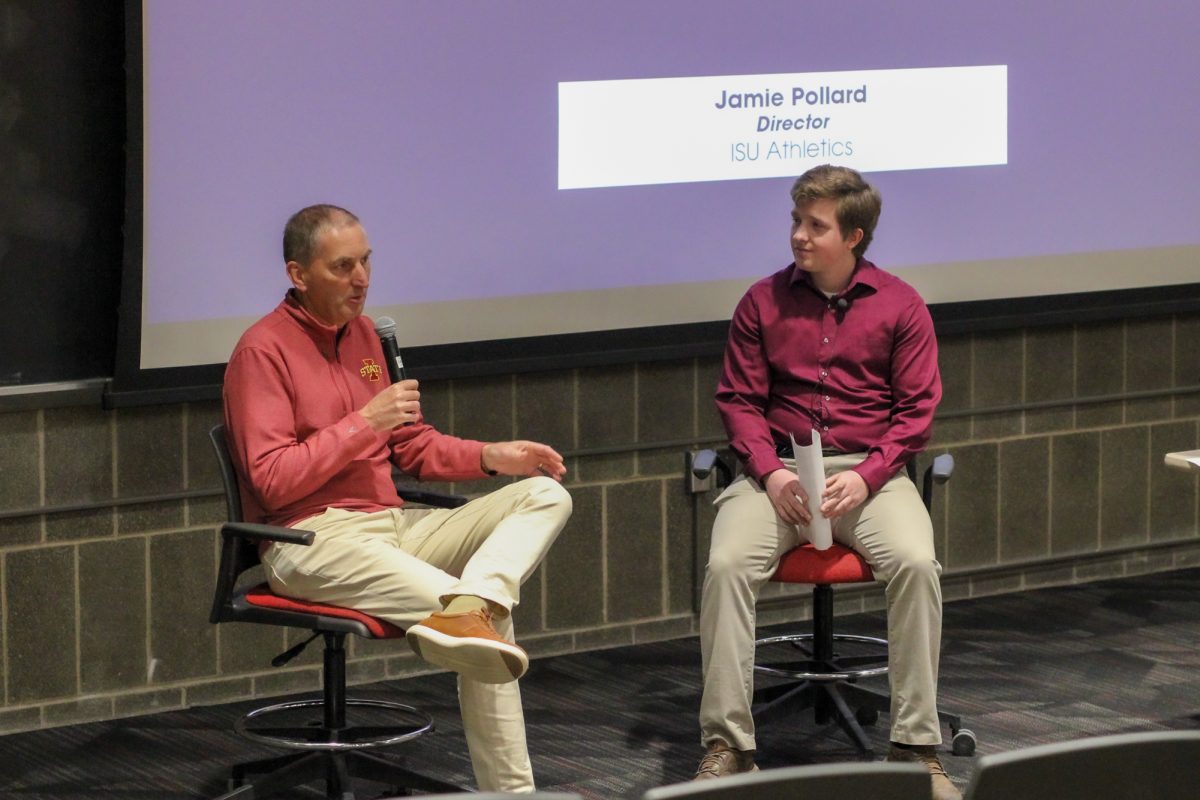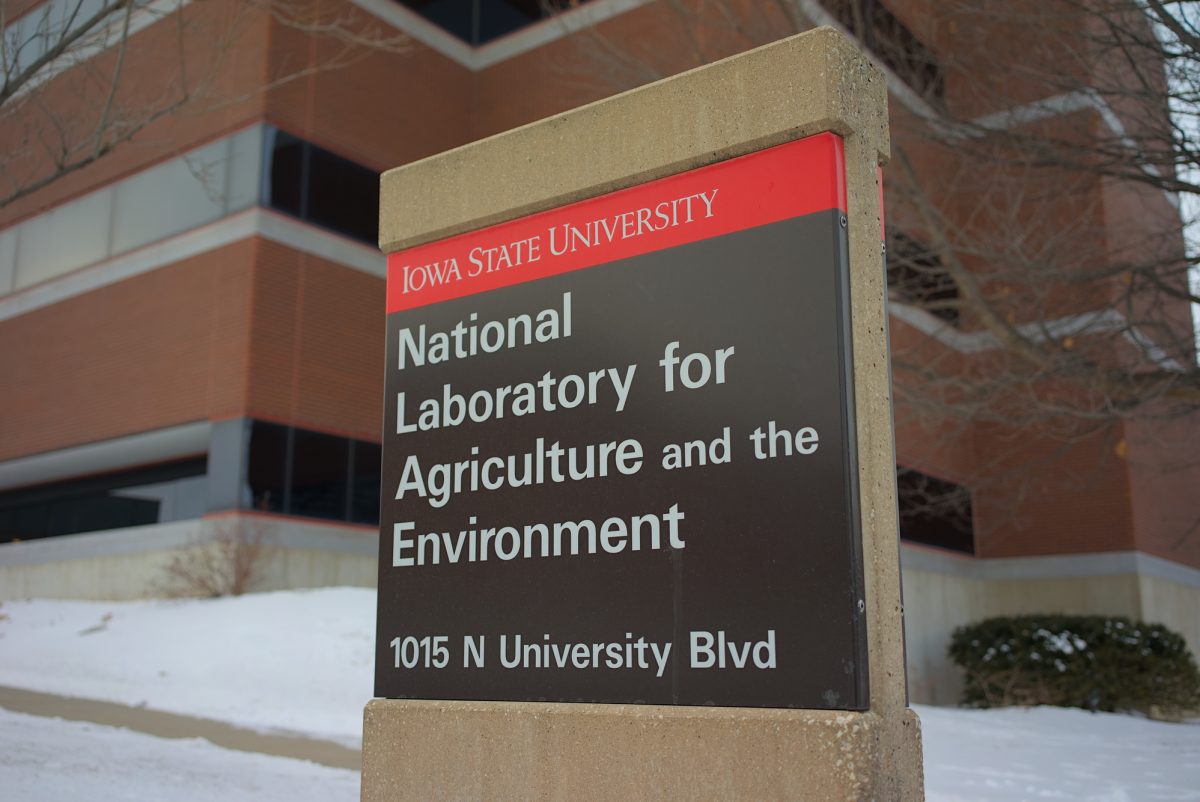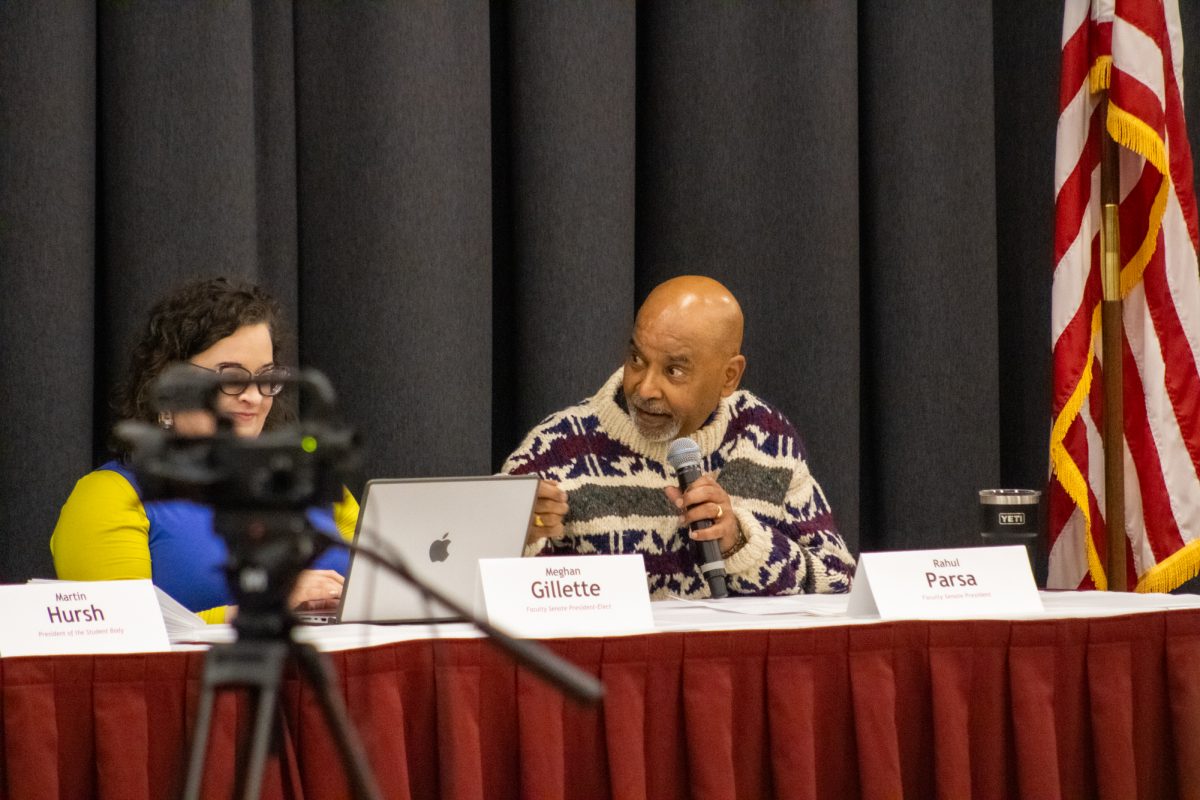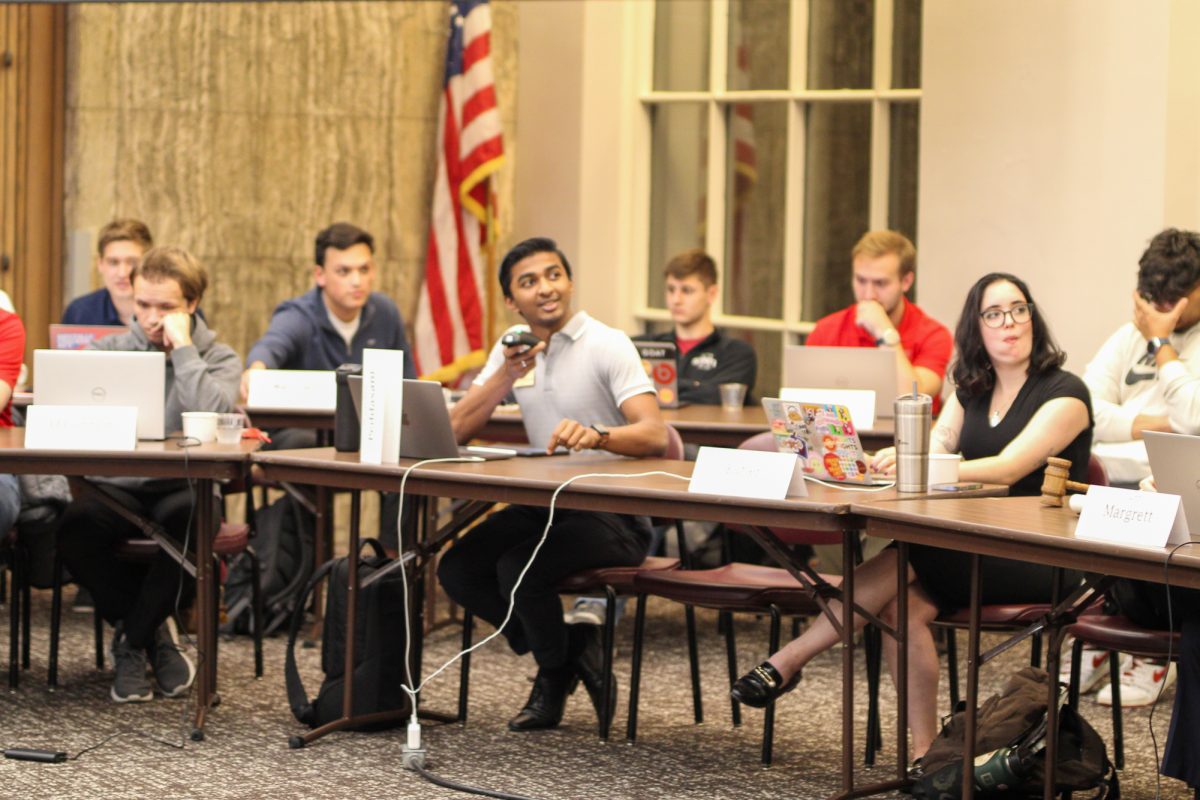The Faculty Senate conducted an advisory vote that was unanimously approved to rename the College of Human Sciences to the College of Health and Human Sciences alongside eight agenda items pertaining to degree or certificate programs at Tuesday’s meeting.
Less than three minutes passed between the introduction on the floor of the renaming to its unanimous passage, but outgoing Faculty Senate President Sarah Bennett-George said discussions within the college have been going on for “a few years.”
“There’s been extensive communication through departmental faculty meetings. There were multiple open forum discussions this semester, there was a vote conducted among the faculty. Of the 157 faculty eligible to vote, 84 were in favor, 16 were opposed,” Bennett-George, a professor of apparel, events and hospitality management, said.
Curriculum changes
The Faculty Senate unanimously approved the addition for bachelor’s degree programs in game design and education studies after a second reading.
The Senate also held first readings for the following changes:
- Discontinuation of Ph.D. program in rural, agricultural, technological and environmental history
- Establishment of a bachelor’s program in integrated health sciences
- Establishment of an undergraduate minor in artificial intelligence
- Discontinuation of the master’s program in transportation
- Merger of the food sciences and culinary food sciences degrees into one degree with two options
The Senate will conduct the second reading for those changes during its next meeting in the fall, but voted 30-17 to waive the second reading requirement for the addition of an undergraduate certificate in cybersecurity.
Sen. Kelly Reddy-Best, spoke against the waiving of the second reading and said her motion to waive the second reading of a renaming bill in a previous meeting was “a mistake” after reflection.
“I think that curriculum is really important and that having two readings and time for faculty to think through these decisions is really important because the curriculum is the crux of everything that we do here,” Reddy-Best, a professor of apparel, events and hospitality management, said.
Additional Measures
The Senate also approved updates to policy of academic misconduct on its second reading and held first reading for updates to the academic dismissal policy, updates to the academic reinstatement policy and prerequisite policy change proposal.
Sen. Jennifer Schieltz said the academic dismissal and reinstatement policy updates would “bring more uniformity” between colleges.
“Right now, some colleges are treating dismissal very differently from others, which can lead to disparities for students based on which college they happen to be in as to whether they get dismissed or not following a failure to meet GPA requirements,” Schieltz, a professor of natural resource ecology and management, said.
Schieltz also said the steps toward reinstatement can be “very confusing to students.”
“Many students get dismissed from one college and then may be applying for reinstatement to a different college if they want to change majors, for example, and colleges have different rules for how reinstatement happens or what a student needs to have been doing in the interim,” Schieltz said.
Outgoing Provost Jonathan Wickert said during announcements that there were 969 dismissals “in the entire year last year.”
Wickert’s farewell
Wickert was thanked and recognized by Bennett-George prior to his 120th Faculty Senate meeting for his work as provost.
“You’ve engaged the Faculty Senate in not just curriculum decisions, but also self-governance, peer review, university-wide communications and, of course, management of our excellent faculty handbook, plus hundreds or thousands of other projects and decisions,” Bennett-George said.
During announcements, Wickert said he is “nostalgic about the Faculty Senate.”
“We talk through things and reach consensus when we can, and listen to each other and walk away maybe some other times,” Wickert said. “But shared governance works at Iowa State University. I don’t understand why some other universities have so much trouble with this.”
Wickert will continue at Iowa State as the president’s chairman in engineering and a mechanical engineering professor.



